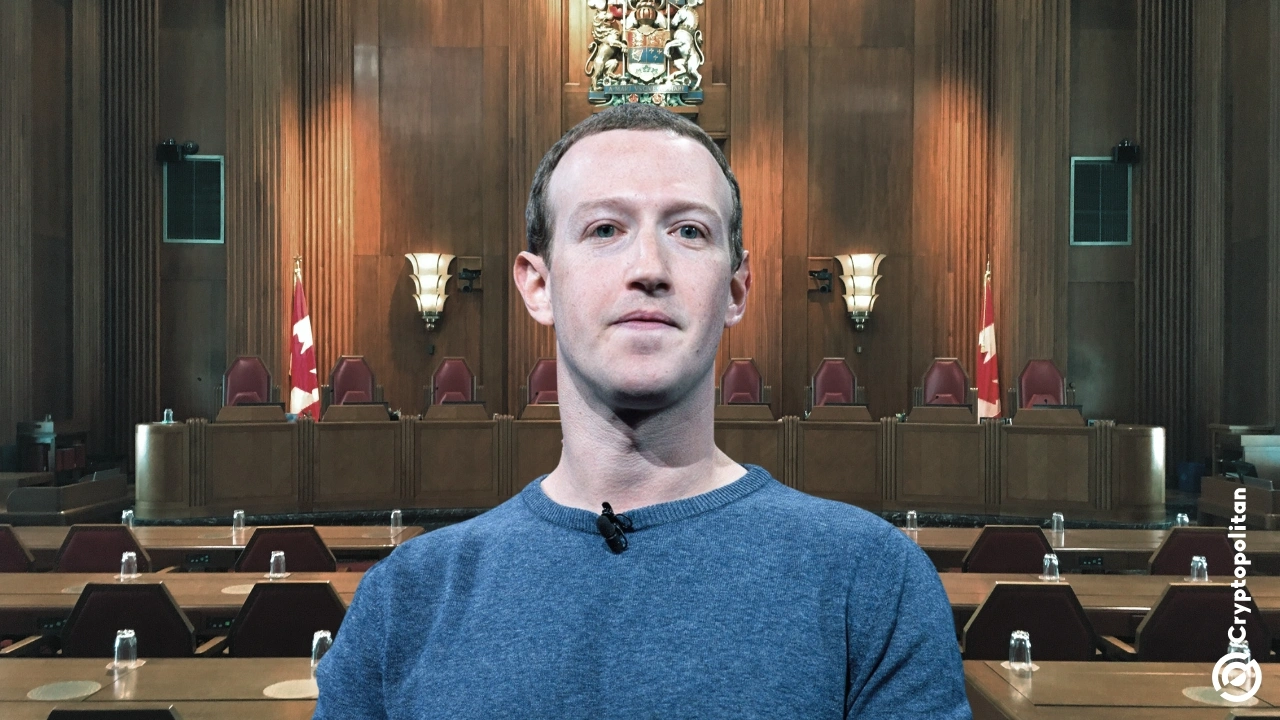Sarah Wynn-Williams, a former chief of staff at Meta Platforms Inc., will testify before the U.S. Senate today.
She will claim that the tech giant constructed censorship tools for China with the understanding that the tools could be deployed to suppress dissent and further strengthen the Chinese Communist Party’s surveillance apparatus.
Ex-Meta executive alleges company prioritized China ties over U.S. national interests
Until 2017, Wynn-Williams was Meta’s director of global public policy. She says in prepared remarks that company executives consistently put their access to the Chinese market ahead of U.S. national interests.
One example she cites is censorship software developed in 2016 that gave Chinese partners what amounts to control over what information users could see. She describes the work as more than theoretical or policy-based — it involved building tools specifically designed to serve China’s political agenda, including content censorship and surveillance support.
She also alleges that the tech firm offers Chinese officials insights into AI development. Although the firm never had a formal launch in China, internal briefings dating back to 2015 explained how the company’s AI could serve China’s technological goals, according to Wynn-Williams.
Meta denied the allegations, with its spokesman Andy Stone saying Wynn-Williams’ claims were divorced from reality and full of lies. He also said that the company had not run any services in China and had never shared sensitive AI systems with the Chinese Communist Party.
Meta’s lawyers attempt to stifle the whistleblower
Meta is also fighting in court with Wynn-Williams to prevent her from commenting. Last month, the company won an emergency arbitration order saying she had breached a non-disparagement provision in her severance agreement. Her best-selling memoir Careless People is already going through the wringer with Meta’s legal team.
Still, Wynn-Williams intends to appear today before the Senate Judiciary Subcommittee on Crime and Counterterrorism. Her appearance follows a vow from the subcommittee’s chairman, Senator Josh Hawley, Republican of Missouri, that he would ensure her voice was heard.
Senator Hawley said that no corporate contract should stop a whistleblower from telling Congress the truth, especially concerning national security.
Wynn-Williams’ testimony is hailed as a potential acid test for whistleblower protections across Silicon Valley. Meta says the claims are misleading and come to benefit her book sales. But legislators contend that the problems go beyond personal feuding — they involve the role of Big Tech in U.S. foreign policy and global power struggles.
Congressional push intensifies as Wynn-Williams accuses Meta of enabling an authoritarian regime
Wynn-Williams’s appearance is part of a growing congressional push to explore how U.S. tech companies may empower authoritarian regimes. Her accusations arrive at a time of escalating tension between Washington and Beijing, particularly on the subject of artificial intelligence and military technology.
Senator Hawley and others are looking into whether Meta knowingly handed over tools that the Chinese military could use. According to a recent Reuters investigation, researchers affiliated with the People’s Liberation Army repurposed Meta’s open-source AI software to build surveillance and combat systems. Meta denies being directly involved.
Wynn-Williams contended that the company’s AI systems, while not private, were released with scant acknowledgment of how they could be weaponized. She implicated Meta’s early work with AI in China’s current surveillance capabilities, though she did not present classified evidence to demonstrate the link.
Those decisions to win favor with China had, in turn, eroded American leadership in key technologies, Wynn-Williams said. Such actions had helped China catch up, she said.
The hearing is expected to amplify calls for stricter rules on how tech companies manage sensitive technologies in other countries. This will likely involve demands for greater transparency, harsher export controls on AI tools, and constraints on technology cooperation with authoritarian countries.
For now, however, Wynn-Williams says she is publicizing her message because Meta has prioritized profits over patriotism — and the consequences could be dire.
Cryptopolitan Academy: Coming Soon - A New Way to Earn Passive Income with DeFi in 2025. Learn More
















No comments yet